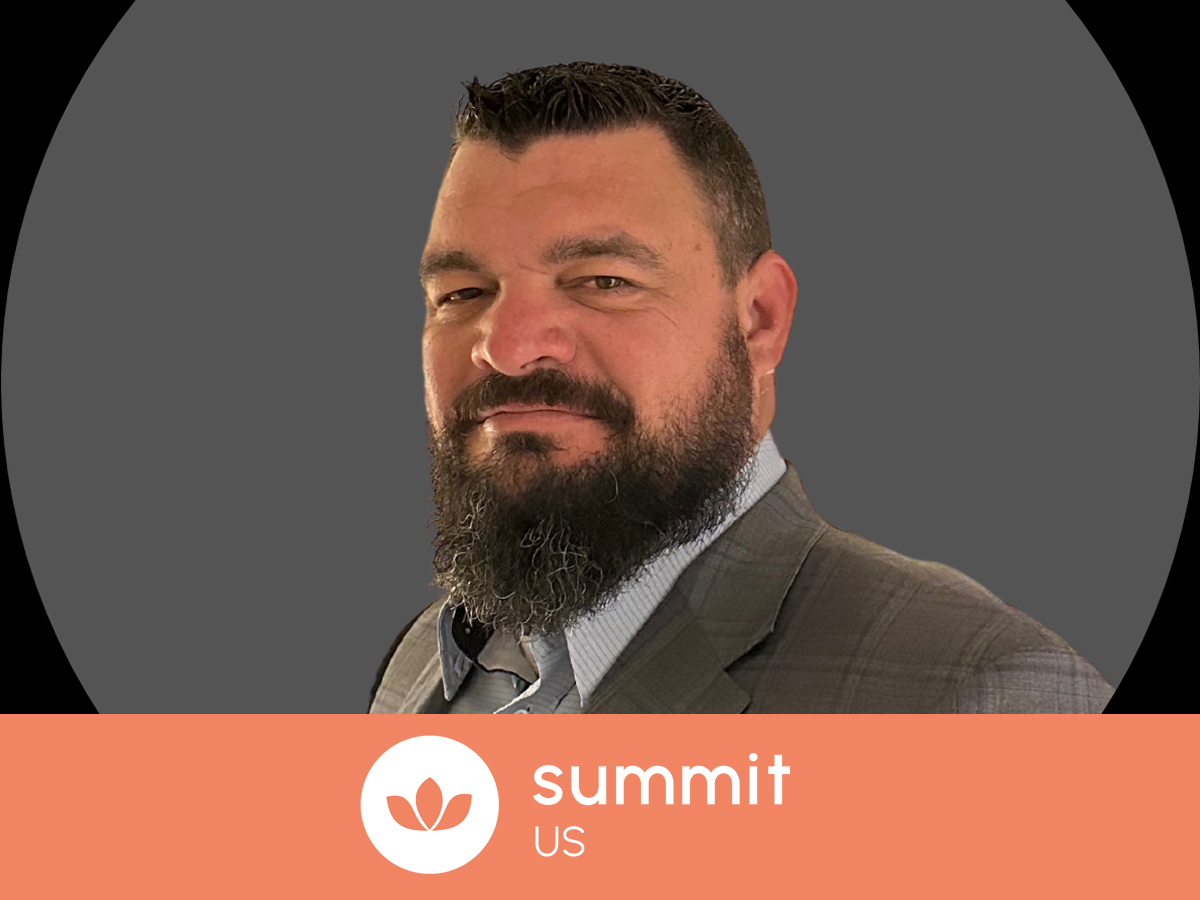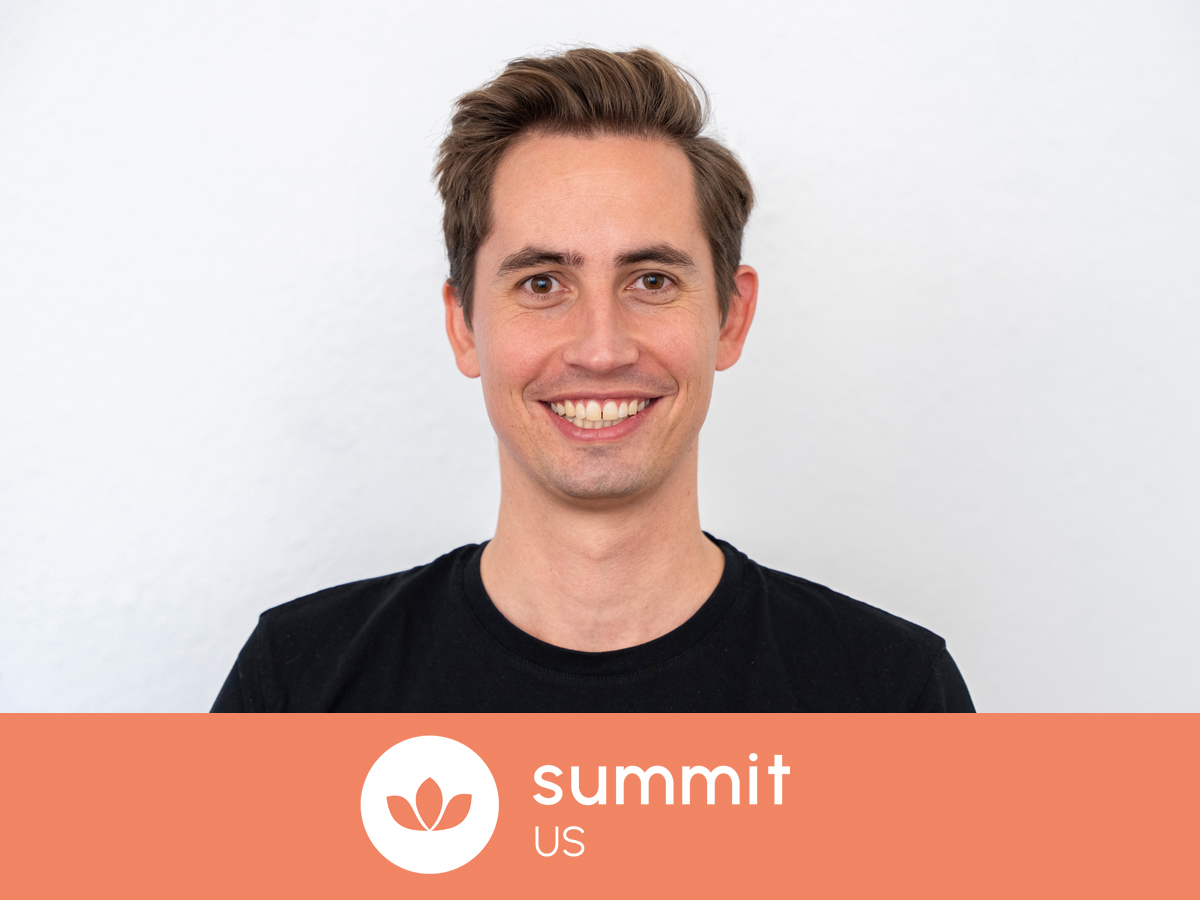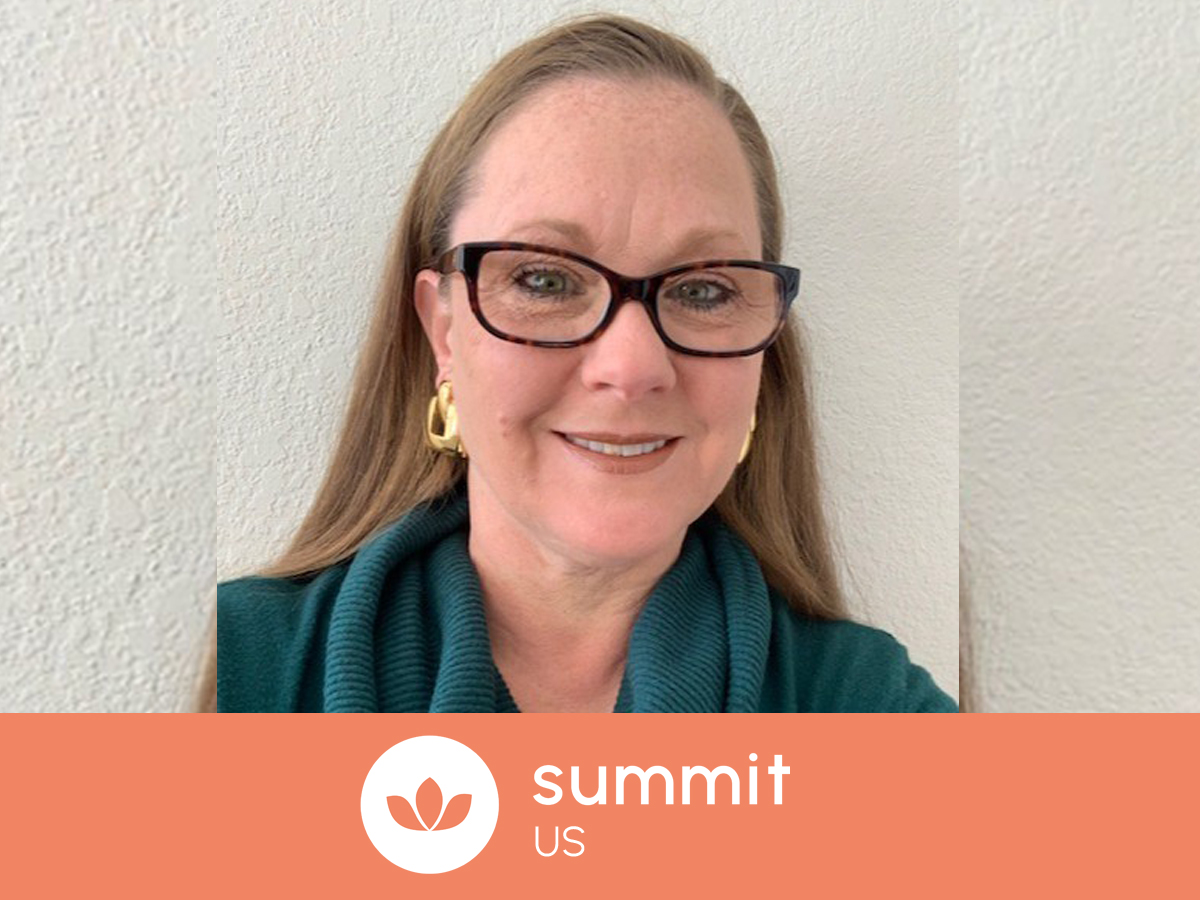
We are delighted to be partnering with Mental Fitness IQ for our Canada 2025 summit. Mental Fitness IQ (mfIQ) is a technology solution with a unique set of tools to help employers improve employee engagement and wellness.
Their CEO, John Moore, will be will be speaking in both Toronto and Calgary as part of our Canada Summit this year. We caught up with him to find out how he’s feeling in the runup to the event.
Hi John, we are thrilled that you will be speaking at the Wellbeing at Work Summit Canada in October. Our first and most important question is, how are you doing today?
Like many people, my world is a bit stressed right now. An elderly parent, young adult son moving home (so much for an empty nest!), leading a tech start up, etc, etc. Thank goodness I have an app that helps!
As a leader based in the region, what are the main challenges you are facing when it comes to employee wellbeing and mental health?
We are a fully remote company. We have many people that have worked on remote teams for many years…so they have the personal and emotional habits to deal with it effectively. But for our younger cohort, it’s a challenge. They clearly miss the interaction and culture from an in office work environment. There is certainly an impact on their state of mind, which flows through to output and quality. We do our best to deal with it, but it is a work in progress.
What strategies have you seen developing over the past 6 months, both internally and externally, that are moving the dial on wellbeing in the workplace?
Internally, we “Do mfIQ for mfIQ”. We benefit from the data generated by the system – on our employee state of mind and their perceptions of psych safety in our workplace. It helps us develop the habit of regularly using the app. It supports discussions on our collective wellbeing, ensures we invest in learning of resilience skills and helps us focus on progress using the data. It really works. Externally, I talk to dozens of executives every year, across a range of industries, in many countries. I believe there is a new understanding that the state of mind employees bring to work every day has a profound impact on business success – metrics like productivity, quality, absenteeism, talent acquisition/retention and physical safety. As a former executive in two large global companies, I can tell you we never connected the dots on this…our view was “wellbeing” was an EAP program. I think many employers are moving beyond this perception and looking for innovative solutions that drive change and actually improve results.
Why is employee wellbeing so important to you personally?
I have struggled with the ups and downs of life…it’s part of the human experience. We all go through it. Plus I had a high stress career as an executive in 2 large companies. I think of my life as a high wire act – trying to achieve some degree of balance between raising 3 kids, being a decent husband, maintaining friendships, getting enough exercise to keep moderately fit and still have time for the sports I love. And oh ya, there’s also that all consuming, stressful thing called work. I never got it right. Partially because it is not a static thing you get right. It is always changing, depending on what’s going on in your life/work. You are always adapting to what’s coming at you. But I didn’t fall off the wire. As I reflect on a 40+ year career, it would have been easier for me if my employers had provided the structure and leadership to cause me to focus on learning and embracing personal resilience. And as a leader, we could have done a much better job creating a psychologically safe workplace for our crew. This starts with acknowledging the ups and downs we all go through. And showing empathy and patience for each other. I am passionate about the opportunity to do both of these. We simply have to help people cope with the complexity of today’s world. The best part is it’s good for them – and it’s good for business.
What impact is AI having in your organization and how are you managing that?
Profound – in a very exciting way. At this stage AI means more work since we have to re-design and re-build aspects of mfIQ. As an example, we are about to roll out a prototype of an AI engine that guides leaders on how to respond to employee survey feedback – at the work unit level. This lets us customize behaviour change actions for specific micro-cultures within an organization (note to reader: there are many!). And we have lots of other ideas. There are other ways we are using AI to help automate routine activities. But leveraging AI to increase mfIQ’s impact and drive differentiation are our current focus.
Other than AI, are there any challenges that you are seeing for the first time and how are you addressing them?
Data security and privacy has been trending up in importance for several years, but it has risen to new heights. We have examples of customers taking >8 months to evaluate our solution. It was literally strangling our business. So we developed a technology workaround – where mfIQ no longer collects or stores personally identifiable information (PII). This lowers the temperature on security reviews and makes everything easier and faster. It also helps drive adoption, as we can say to users “we have no idea who you are”.
What areas do you think employers should be focused on over the next 12 months?
Most employers we talk to lack the data required to manage employee well being. At best they have lagging indicators – who’s off work, why and for how long. Most have limited ability to predict the risk posed by employee state of mind. As the axiom goes, “if you want manage it, you have to measure it”. In some jurisdictions, like Quebec and Australia, the law now requires employers to continuously identify psych safety risk and put mitigation strategies in place. This creates even more impetus to put stronger measurement strategies in place (mfIQ can help!).
Do you feel that investment in employee wellbeing in the region is increasing or decreasing and is that a direct reflection on HR leaders’ increasing ability to demonstrate effective returns of their strategies to leadership?
I think it has plateaued. Many organisations simply didn’t see results, in spite of many investments in new apps, accessibility to professionals, etc, etc. We believe the real challenge is very low usage of these programs. You simply won’t get results if only 3% of your population uses them. So the problem is still there, but employers need to find solutions that drive measurable results (that’s where we come in).
How has your organization been leading the way?
In our view, the wellbeing industry is dominated by professionals that are good at the psychology of wellbeing – clinicians with incredible depth at one-on-one care. mfIQ leverages this capability, but adds something else. Many of our executives have decades of experience implementing process, tech and culture change – consistently, at scale. We have produced a completely redesigned toolkit – that drives very high levels of employee adoption at enterprise scale. This drives results – and benefits your employees and your business.
John will be speaking in both Toronto and Calgary at the Wellbeing at Work Summit Canada.
Our Toronto Summit takes place on October 21, 2025. Visit our Toronto webpage for further details and to book your tickets.
Our Calgary Summit takes place on October 23, 2025. To find out more about our Calgary Summit and book your tickets please visit our Calgary webpage.



